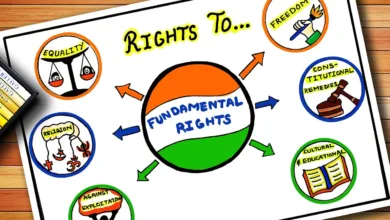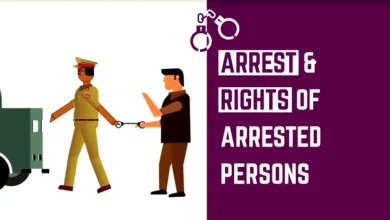How to Obtain Mutual Consent Divorce?

Divorce, a topic requiring utmost consideration, often presents itself in two primary scenarios. Firstly, when one spouse wishes to terminate the marriage unilaterally, termed as unilateral divorce. Secondly, when both partners agree to part ways and seek a mutual consent divorce. The latter is often perceived as a more amicable and straightforward process.
In India, the legal process for obtaining a mutual consent divorce follows specific steps. One of the prerequisites is that either spouse should have been living separately for at least one year. This stipulation exists to discourage impulsive decisions post disagreements and allows time for reconciliation.
The procedure entails filing a joint petition in court, outlining the comprehensive reasons for divorce from the date of marriage. This marks the first phase under mutual consent, which both partners must fulfill.
Upon filing, the court mandates a specific date for both parties to appear. Statements from both spouses are recorded, and the court provides an additional six months for introspection and contemplation. This period was recently altered by the Supreme Court, allowing courts discretion to grant shorter intervals if deemed appropriate.
After the six-month interval, both parties reappear in court to confirm their decision. Often, during these proceedings, mutual understanding is rekindled, leading to couples reconciling and opting to continue their marital journey. However, if the court anticipates deteriorating circumstances, it proceeds with the divorce.
In some instances, even during court proceedings, couples arrive at a mutual understanding, deciding to give their relationship another chance. If the court believes future conditions might worsen, it stamps the divorce, thus finalizing the mutual consent separation.
Read Also: Understand the Divorce Rules After Court Marriage in India
Child Custody in Mutual Consent Divorce
| Daily current affairs Updates | Click Here |
| Law Notes Free Channel | Click Here |
Regarding child custody post mutual consent divorce, the decision primarily hinges upon mutual agreement. One parent is designated the primary guardian, and a schedule is devised for the other parent to spend time with the child.
In cases where neither parent seeks custody, the responsibility might pass onto grandparents or an orphanage, legally termed as third-party custody.
Navigating the legalities of mutual consent divorce involves a structured process, aiming for fair resolutions while considering the welfare of all involved parties, especially the children.



